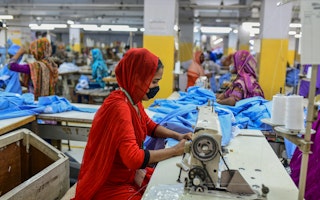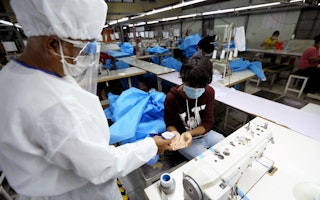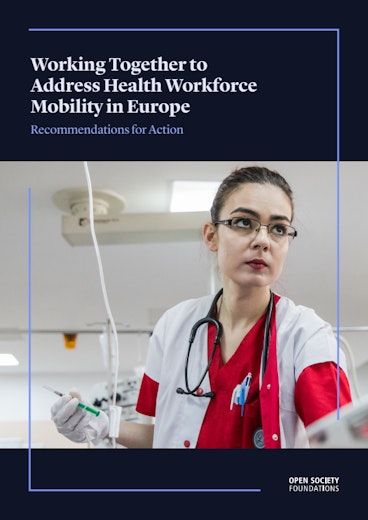The free movement of people is a cornerstone of an open and integrated Europe. Yet the labor migration of Europeans from lower-income countries in southern and eastern Europe to higher-income countries in northern and western Europe has had significant impact on the workforce—including the loss of skilled health professionals in their most productive years.
Indeed, since 1989, hundreds of thousands of European health professionals have left their countries of origin for more promising opportunities in the west and north. Denied opportunities for decent work at home, and recruited by countries facing their own labor shortages, their mobility is a byproduct of a failure throughout Europe to develop health workforces in an evidence-based and strategic way. Ultimately, this failure threatens the human right to health.
This brief offers policymakers six key insights, drawn from a literature review and interviews with European experts, on the migration and mobility of health professionals. These insights are offered within a framework that prioritizes human rights, gender equality, and worker solidarity.
Download
-
Working Together to Address Health Workforce Mobility in Europe: Recommendations for Action (6.72 Mb pdf file)
Download the 18-page policy brief. (Updated: October 27, 2020)
Read more
explainer
COVID-19 and Undocumented Workers

The economic impact of the COVID-19 pandemic demands emergency action to support millions of undocumented migrant workers—and highlights the need for more humane and realistic government policies in the future.
Worker Rights Are Human Rights
Q&A: Women Workers in Fast Fashion Demand Justice

Despite being among the most exploited laborers in the world, garment workers in the fast fashion industry are at the forefront of the movement to reform globalization so it protects and empowers workers.
The World Can’t Wait
Q&A: A New Social Contract for Workers and Business

After the financial crisis of 2008, many advocates were disappointed by the unwillingness of many governments to shake up a discredited status quo. More than 10 years later, amidst another crisis, there is reason for hope.
